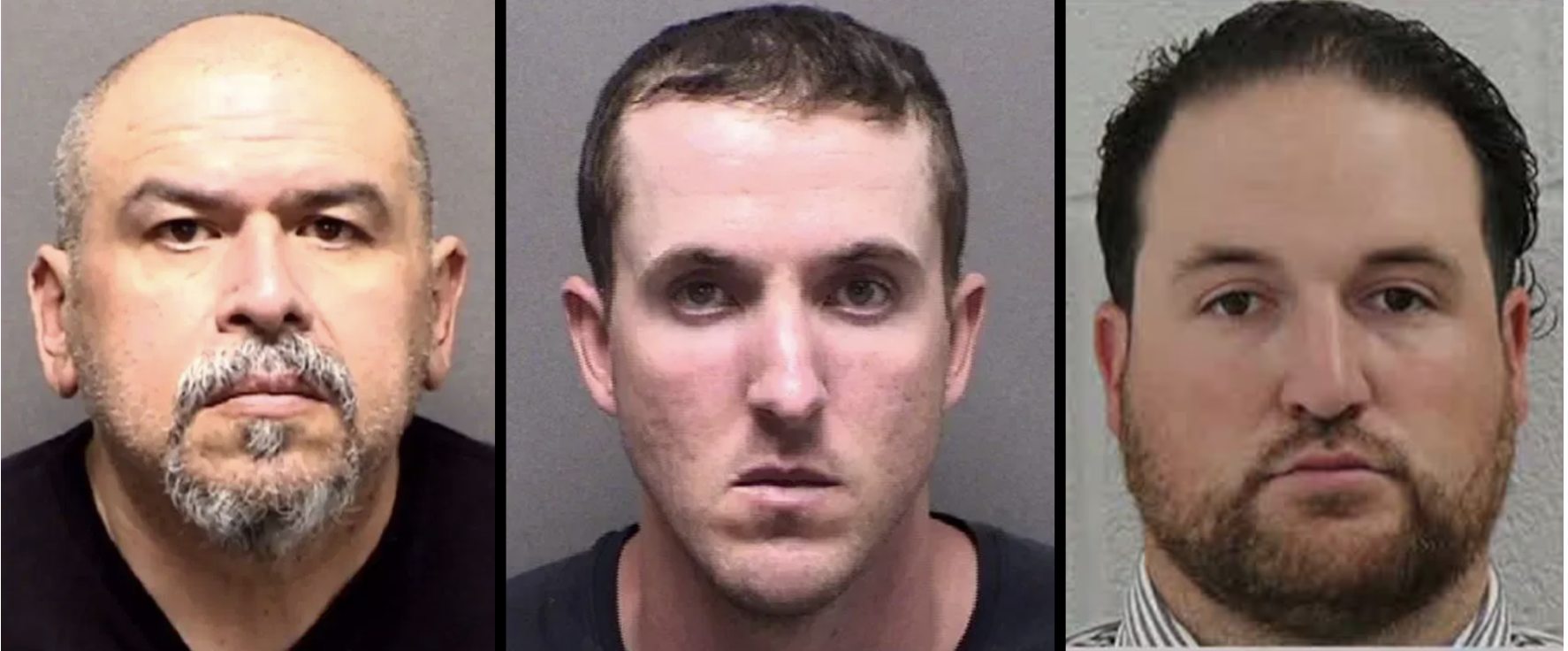Late Wednesday, in the closing hours of day two of live testimony before the House Select Committee on Transparency in State Agency Operations, a most disturbing conflict began to arise. Representative Ferdinand Frank Fischer III (or “Trey Martinez Fischer,” as he would prefer to be called) reacted with outrage to the news that the University of Texas System had asserted attorney–client privilege and refused to allow UT System General Counsel Daniel Sharphorn to testify before the committee. Fischer, in a bit of a rage, ordered representatives of UT System to appear and demanded that they inform him who had made the decision to assert attorney-client privilege.
Fischer argued with them, based primarily on the excesses of our out-of-control Congress in Washington, that the select committee investigating UT Regent Wallace Hall had the power to abrogate attorney–client privilege and compel Mr. Sharphorn, despite his client’s decision to the contrary, to testify regarding privileged communications.
This dispute, if it carries over to the committee’s next scheduled meeting on November 12—13, is a most disturbing development. The committee has already acted to strip Hall of his right to cross-examine witnesses, a right which should be secured for him and his attorneys under Rule 4 Section 13 of the Texas House Rules. But if the committee decides to compel Mr. Sharphorn to testify regarding attorney–client privileged communications against the wishes of his client, it will represent the biggest outrage by the committee so far.
The oath sworn to by attorneys in Texas states:
I do solemnly swear that I will support the constitution of the United States and of this State; that I will honestly demean myself in the practice of law, and will discharge my duties to my clients to the best of my ability. So help me God.
If the Select Committee refuses to recognize the utmost importance of attorney–client privilege, they will put Mr. Sharphorn in the position of choosing between violating his oath or facing a jail sentence of up to eighteen months.
(This attorney, by the way, knows which option he would choose…)
Attorney-Client Privilege is a common-law right, but it emanates from the right to counsel enshrined in the sixth amendment to the US Constitution and in Article I Section 10 of the Texas Constitution. While a court has never had occasion to rule on Congressional assertions of the power to abrogate attorney–client privilege, the argument that Congress, much less a kangaroo court committee in Austin, has the power to abrogate attorney–client privilege doesn’t stand-up to reason.
The basic premise of attorney–client privilege is that a client can confide openly and honestly with his attorney without having to worry that his attorney will later share what was said with some third party. That a person can be secure in this knowledge is required for there to be effective assistance of counsel. If the privilege did not exist, clients could not be honest with their attorneys and those attorneys could not effectively advise their clients.
Perhaps an illustration will assist. Imagine that after a meeting of the Select Committee on Transparency, Rep. Fischer pulled me aside and said he needed my legal advice. Imagine further that, for some reason, I agreed to help him and we stepped aside to a private spot to talk. And imagine yet further still that Rep. Fischer confided in me that he had shot a man and that he went on to tell me where I could find the murder weapon. If that situation occurred, I wouldn’t be allowed to share that information with anyone. Not the police, not the courts, not his next political opponent, not anyone.
If Trey Martinez Fischer, excuse me, Ferdinand Fischer, can make attorney-client privilege go away simply because he feels like the people’s constitutional rights are trumped by his right to conduct a witch hunt investigation of Wallace Hall, he will harm the rights of everyone in this state to be secure in knowing that the information they share with their attorney will remain private.
Luckily, very effective arguments have been made that a court, if one ever gets the opportunity to review this issue, would rule that Congress and legislatures don’t have the power to abrogate attorney–client privilege. Let’s hope, however, that this situation doesn’t produce that case. Cooler heads must prevail and Rep. Fischer must be reined-in from his attempts to destroy the right to counsel in Texas.




